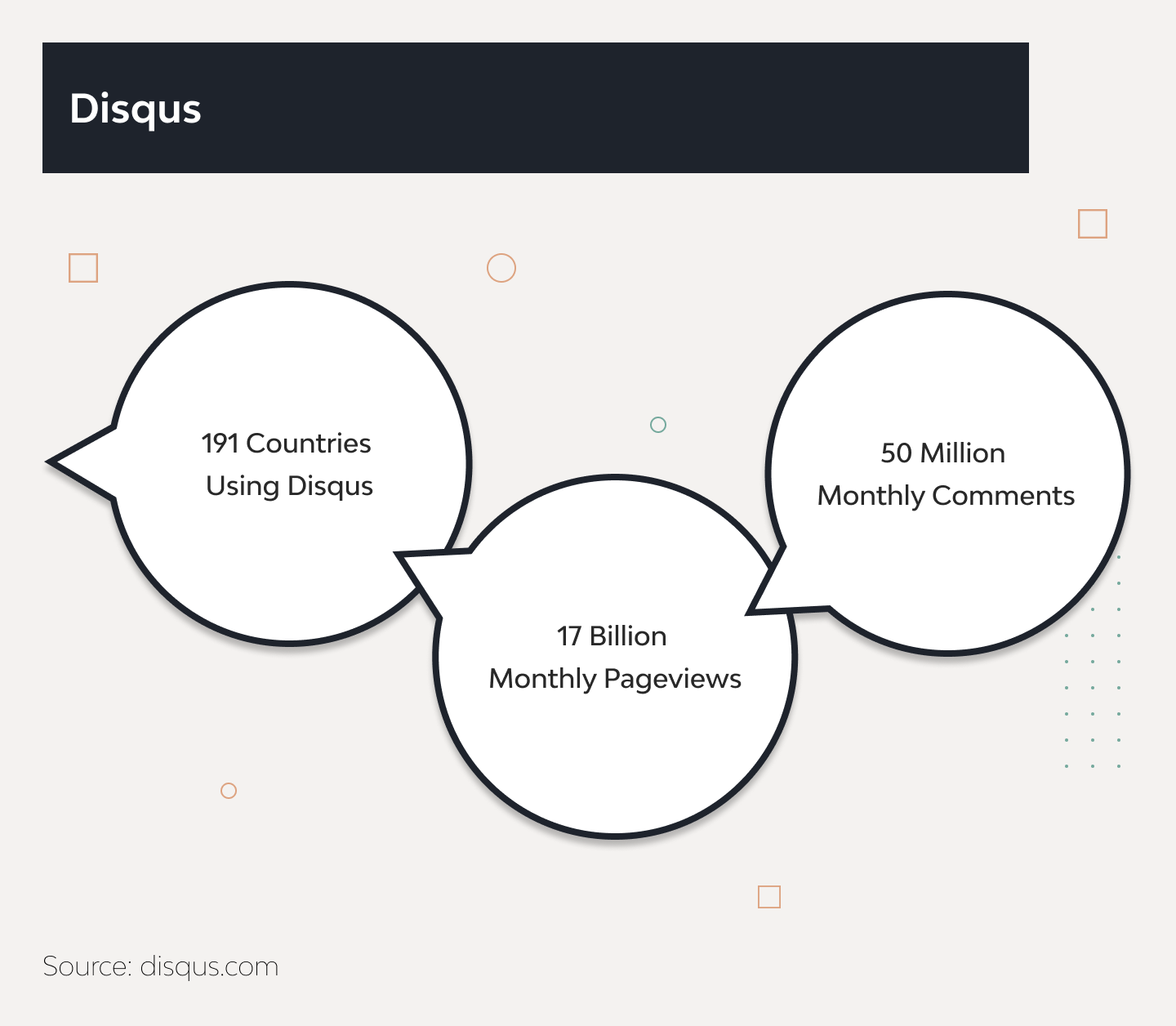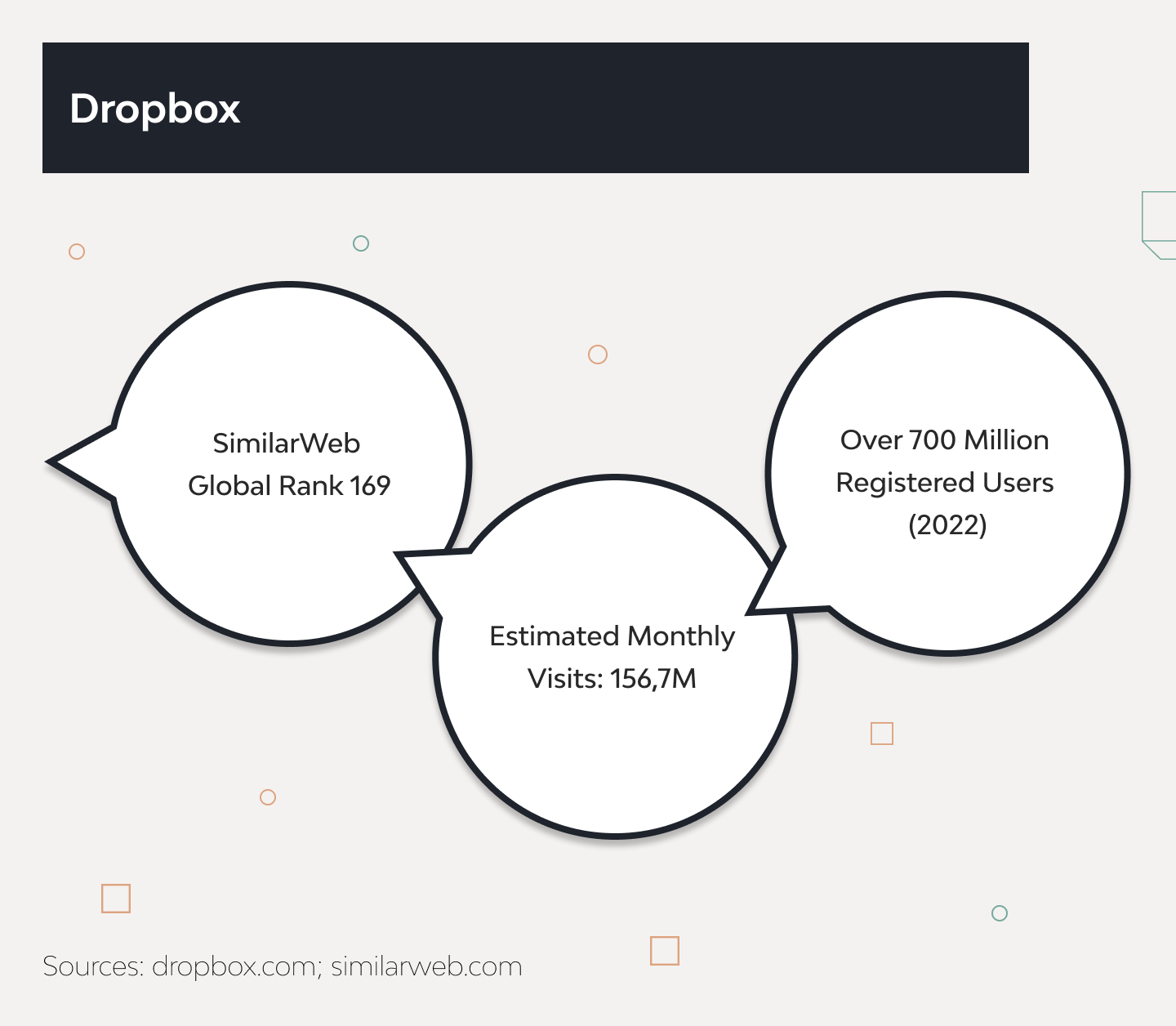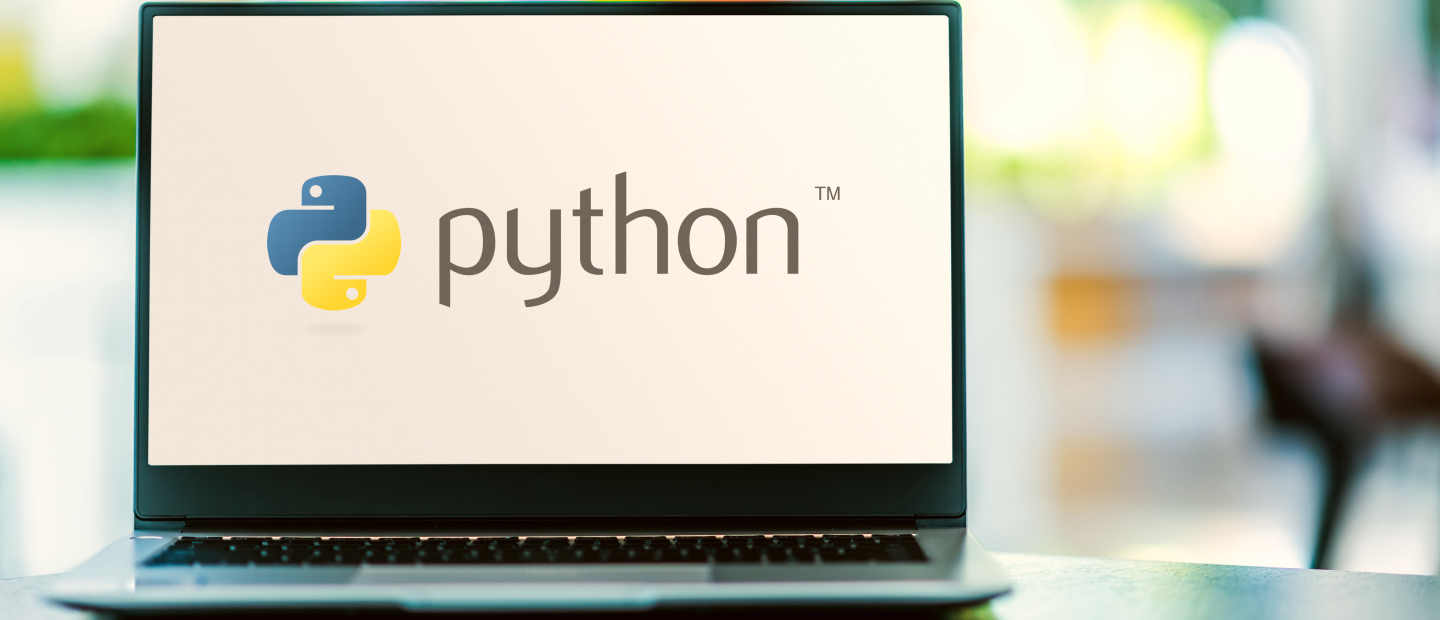7 Top Apps Made With Python
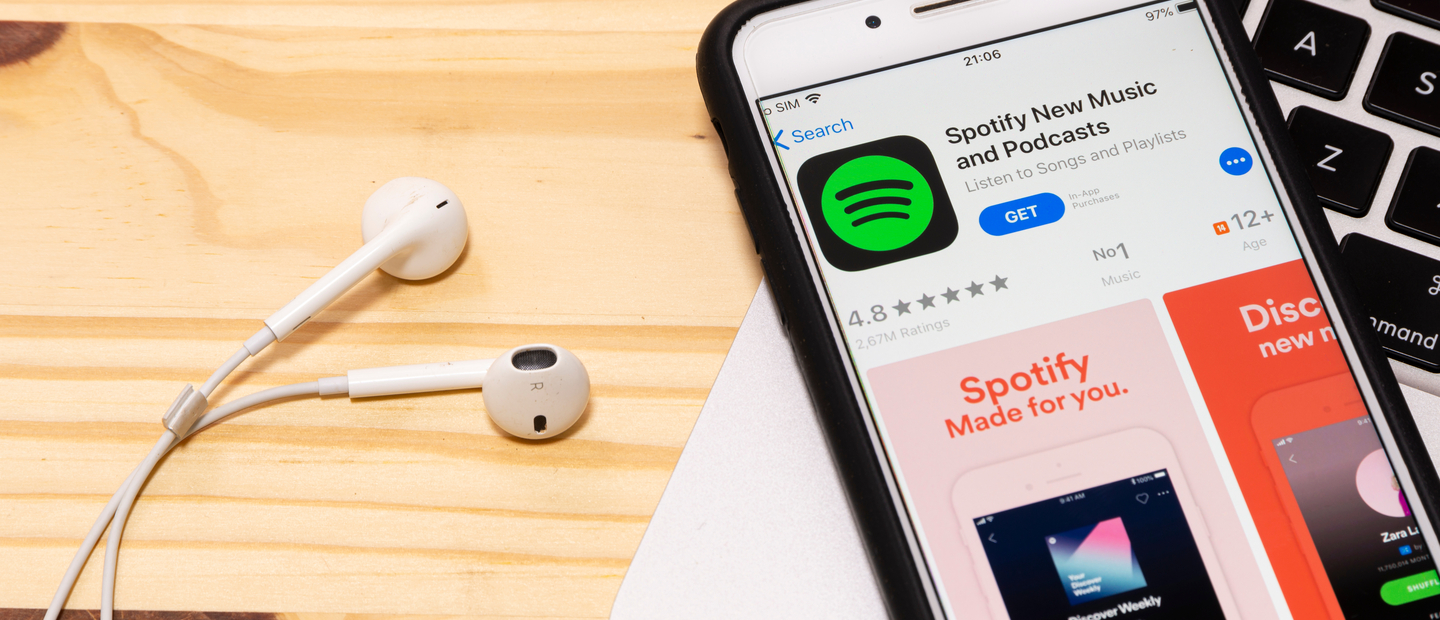
Over its almost 30 years of existence, Python has become one of the most popular programming languages. But while most startups once used it because of its simplicity and low cost, it also benefits modern giants like Instagram or Spotify, which have apps made with Python and have used the Django framework to create smooth working experiences. Teams standardize on docker Python setups to streamline development and deployment.
As one of the most popular web development frameworks, famously, Django provides fast work processes, clean design, and transparent functionality, among many other advantages. It allows developers at all levels to focus on writing their apps using Python instead of reinventing the wheel (or fixing it, for that matter). On top of that, it’s free, open source, and has gathered a mighty community of developers over the years. Large companies appreciate this.
True to its name, Django Stars brings a wealth of experience in Python and Django, demonstrated through the successful completion of dozens of high-class projects. With over 15 years of providing Python software development services, our team excels in applying this expertise to consistently deliver reliable and effective solutions utilizing these technologies.
This article aims to provide real-life examples of popular apps created with Python and vividly showcase the capabilities of this programming language. To give you the big picture, let’s take a look at some applications written in Python that you probably didn’t know about.
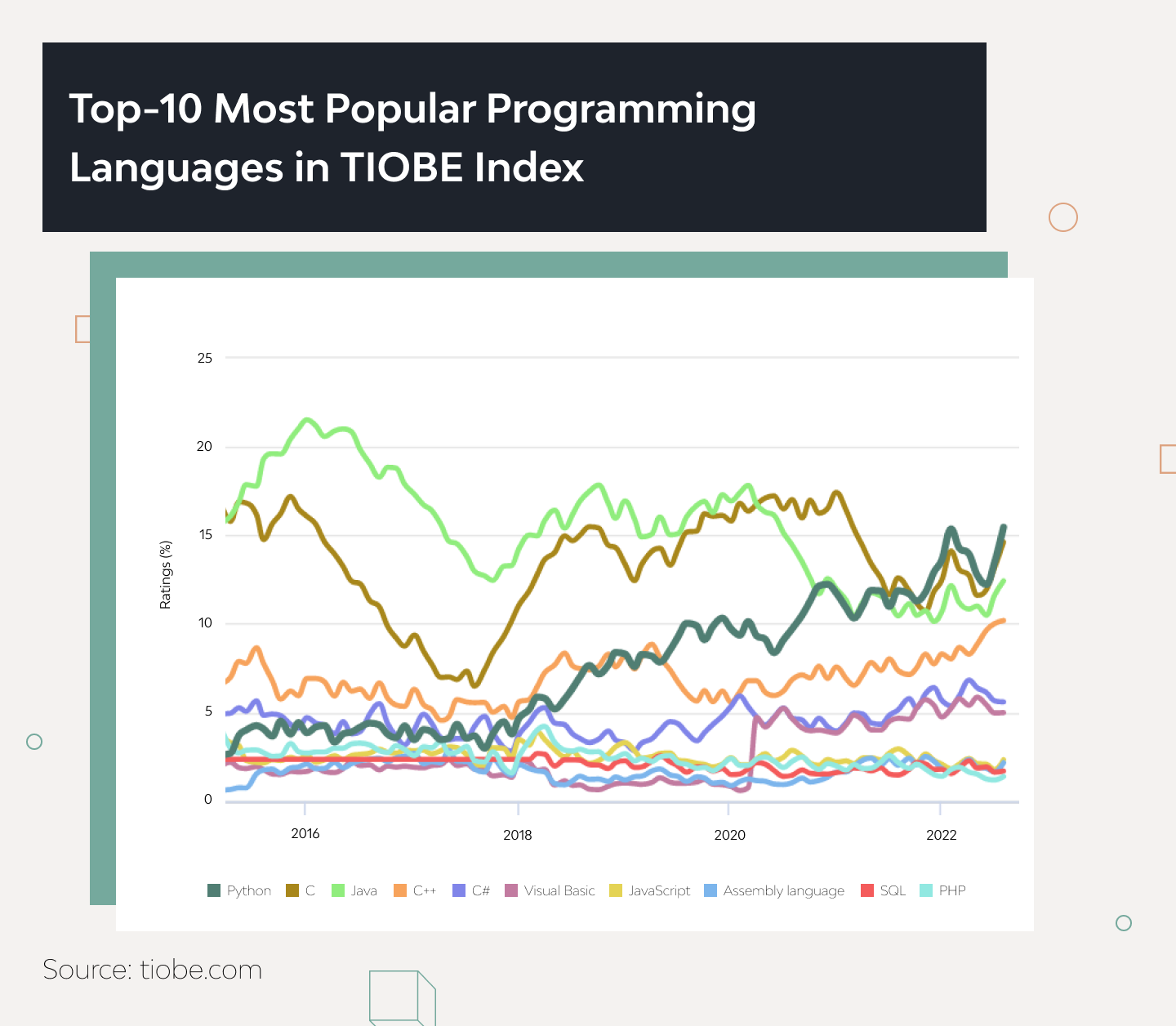
1. Instagram
Among the best Python apps, Instagram is the most popular. As you know, this is the app that changed the world of digital photography, made it instant, more accessible and widespread, expanded lines of creativity and defined new rules in marketing. It allows users to take pictures, edit and share them online using a camera as simple as a smartphone. With nearly 500 million active users per day, it obviously negates any notion that apps built with Python are not really scalable.
Add to this that Instagram’s iOS app and Android app made with Python, rank among the most downloaded on the App Store and Google Play, respectively. In 2021, the option to upload media files via the Instagram website was introduced, further showcasing its versatility.
According to Instagram engineer Hui Ding, Instagram’s engineering motto is “Do the simple things first” – and this is what Python allows developers to do. For them, it’s user-friendly, simple, clean, and favors pure pragmatism. And since it’s so popular, growing an engineering team is a lot easier.
2. Pinterest
Ranking third behind Facebook and Twitter, Pinterest is a social network that allows users to bookmark images, collect and share them with other users. As one of the web’s most-used apps, Pinterest relies on Python and Django to rapidly deal with large amounts of content. In fact, this application has used Python since day one. (You can also find out if Python can be used for web development.)
3. Disqus
Among the popular applications with Python, this holds a special place. This commenting plug-in is a simple and effective way to engage an audience and fuel discussion while controlling incoming content by efficiently moderating the comments. And due to its popularity, Disqus has ranked third on our list of examples of applications of Python. Allowing multiple sign-in options and cross-site notifications, this app using Python serves audiences with all kinds of preferences. In this case, Python makes full use of Django’s security features and regular security patches.
4. Spotify
Spotify is the world’s largest streaming service, with an annual revenue approaching €10 billion. This makes it a major market player and also one of the top Python users among businesses. The company preferred Python development because of its speed and advanced data analytics that the language offers. This enables Spotify to manage functions such as Radio and Discover, which are based on the personal musical preferences of users.
5. Dropbox
Another top app built in Python is Dropbox. The popular file-hosting service recently moved from Python 2.7 to Python 3 in one of the largest Python 3 migrations ever. One of the most popular in the world, the Dropbox desktop app made with Python can be installed on Windows, macOS, and some flavors of Linux. It’s a good thing that Python is portable and works on many platforms, from PC and Linux to PlayStation.
6. Uber
One of the most useful mobile apps made in Python is Uber. A ride-hailing service that also offers food delivery, peer-to-peer ridesharing and bicycle-sharing (among other services), Uber has a lot of calculations to do. Think about it: the company operates in 785 metropolitan areas worldwide and is estimated to have 122 million users. That’s a lot of math. But again, Python handles large amounts of data and is easy to learn and work with, which are two reasons why Python is so popular. These benefits make it an obvious choice for companies whose applications need to be reliable, secure and rely on developers around the world to maintain it.
7. Reddit
Among apps written in Python, this is the last in our list, but far from the last in the list of the best applications of all time. The American social news aggregator and discussion website Reddit also runs on Python, even though originally it was written in Common Lisp. After looking for wider access to code libraries and greater development flexibility, Reddit made the switch. If you look at it, this website is somewhat of an anthill. With about 8.3 billion posts, comments, chats, and private messages on the platform as of 2022, Reddit is one of the most impressive Python app examples. Registered users post content such as text, video, or images in thousands of categories, and vote it up and down. Using a localization management platform, users help translate Reddit into 89 different languages. Again, Python manages the workload and complex functionality thanks to its “batteries included” approach.
DjangoStars As your Python Application Development Partner
Django Stars has been developing web and mobile applications in Python since 2008. During this time, we’ve designed dozens of Django-based projects for local and international markets — many of which are undisputable national leaders in their niches.
Here are some examples we are proud of:
- PADI Travel — the #1 travel and booking international platform for scuba divers, with over 200,000 clients worldwide.
- Molo Finance — the first fully digital mortgage platform in the UK. Its application is already over 600 million.
- Corporate Food Delivery Service — the US-leading service for business meal delivery, serving over a thousand companies in the nine biggest US cities.
We have shown in many cases that Django Stars’s team can successfully design and develop a Python-based project of any complexity, even for the most competitive industries and markets. Learn more about our experience from our case studies.
Conclusion
What can we say? That’s a powerful portfolio! We have mentioned Python applications examples and the list of what applications use Python could have been much longer. As we mentioned earlier, Python used to be a language for rough drafts and startup development because it was simple and cheap. But usually, the simplest solutions are the most reliable ones. The more parts a mechanism has, the higher the chances of something breaking or someone messing up – which many large companies learned the hard way. That’s why they chose to work with Python, and why so many of the world’s most popular apps are built in Python. (Do you know that Python is also suitable for creating Telegram bots?)
Python shows you don’t need overcomplicated code to ship great products when you build for users first. (Unless you choose otherwise.) We handle the heavy lifting—from scalable architecture to a Python async example tailored to your stack. To get started or request a consultation on your project, contact the Django Stars team.
- What applications can be made with Python?
- Python allows the effective development of various applications, from simple websites to projects based on artificial intelligence and machine learning. While most startups once used it because of its simplicity and low cost, modern giants like Instagram or Spotify use Python and the Django framework to create smooth working experiences. Python has proven that you can build an amazing product with simple, time-honored tools.
- Can you build apps with Python? How much experience does your company have?
- The Django Stars team has over 13 years of software development experience using the Python programming language and the Django framework as core technologies. In 2022, Clutch included us in Top Python & Django Developers, Top Financial Services Software Developers, Top Software Developers, Top Web Developers, Top Logistics Software Development Companies, and Top B2B companies in Ukraine. You can benefit from our expertise by contacting Django Stars to develop your project.
- What are the best Python apps that you've done?
- The Django Stars team has experience developing over 120 successful projects in industries such as fintech, travel, transportation, proptech, healthcare, and e-commerce. For example, our case studies include the UK's first digital mortgage lender Molo, Switzerland's biggest mortgage broker Money Park, and the world's #1 booking platform for scuba divers with 200k+ users PADI Travel.
- What popular apps are written in Python in 2022?
- Over its almost 30 years of existence, Python has become one of the most popular programming languages. To name just a few of the many examples of successful applications developed in Python that remain popular in 2022, we suggest taking a look at Instagram, Pinterest, Spotify, Dropbox, Disqus, Uber, and Reddit.
- Why do you prefer Python to create applications?
- Python is one of the most promising technologies for software development. Many of the world’s most popular apps are built in Python. It allows developers at all levels to focus on writing their apps instead of reinventing (or fixing) the wheel. On top of that, it’s free, open source, and has gathered a mighty community of developers over the years. Large companies appreciate this.



